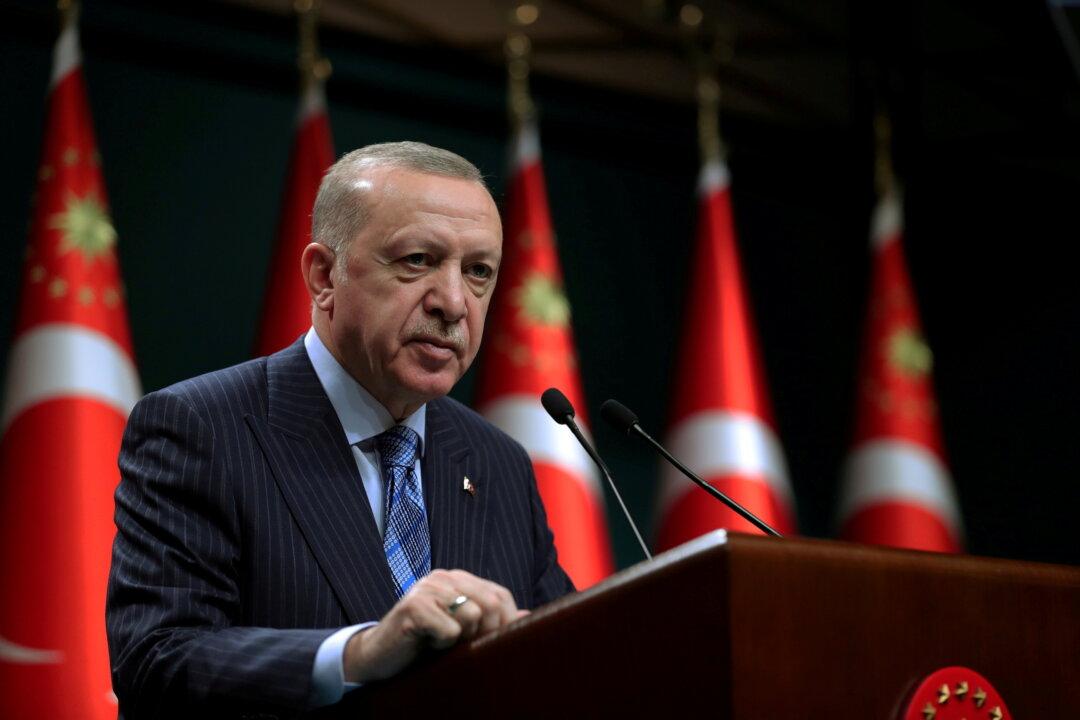Turkey’s annual inflation soared to a 20-year high of 48.69 percent in January, according to data from the Turkish Statistical Institute (TUIK), as President Tayyip Erdogan continues with his unorthodox approach of lowering interest rates in the face of rising inflation.
Consumer prices jumped 11.1 percent from the previous month, and by 48.69 percent from the same time in January last year, up from an annual rate of 36.1 percent in December, TUIK said on Thursday.




